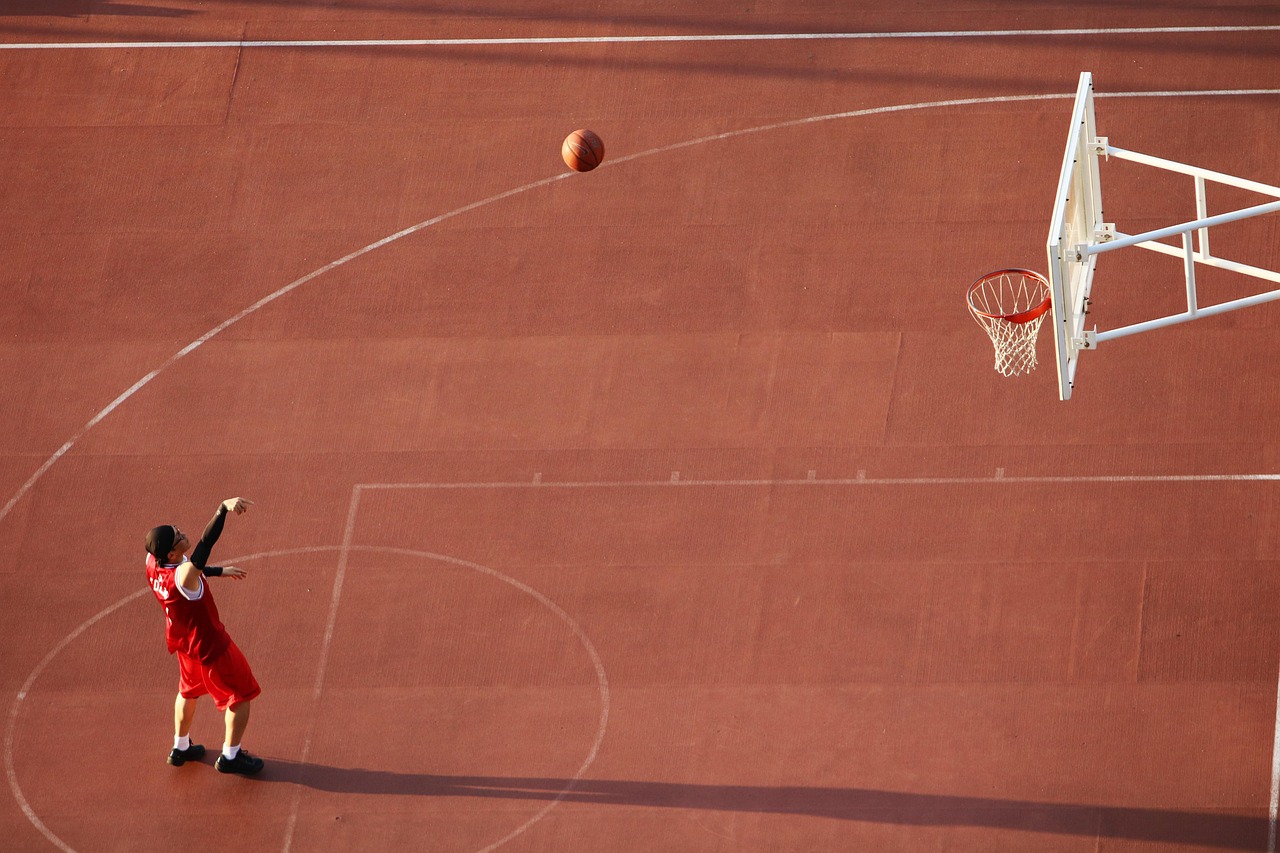Athletes train their bodies at an elite level, but their mental state plays an equally critical role in performance. The mental health of athletes affects their performance, recovery, and ability to sustain long-term excellence in their sport.
Young athletes, in particular, experience significant pressure at home, at school, and in sports and may benefit from proactive and robust mental health strategies to support both athletic performance and overall well-being.
The Link Between Athletic Performance and Mental Health
An athlete’s mental health is critical for maintaining composure during key moments and achieving peak performance. When athletes experience anxiety, depression, or burnout, their performance declines due to:
- Reduced focus: Poor attention and disrupted thought processes interfere with an athlete’s ability to concentrate during games
- Lower confidence: Self-doubt slows decision-making and negatively affects performance in high-pressure situations
- Increased fatigue: Mental fatigue leads to physical exhaustion, decreasing endurance and reaction times
- Higher risk of injury: Stress and anxiety can disrupt coordination, increasing the likelihood of injuries
- Lack of drive: Affected athletes may lose motivation to train and compete effectively
By addressing mental health for young athletes, parents and coaches can help them build resilience, stay motivated, and perform at their best.
How Mental Health Impacts Important Performance Factors
Mental health plays a crucial role in an athlete’s ability to perform at their best. Strengthening mental resilience can enhance confidence, focus, and overall performance.
Confidence and Conviction
Confidence is critical for attaining top sports performance. Athletes with a strong self-identity are more likely to take risks, overcome obstacles, and perform consistently under stress. Confidence may be developed with the help of a mental sports coach through:
- Encouraging positive affirmations and self-talk
- Teaching visualization skills to optimize achievements
- Developing strategies for overcoming self-doubt
These practices align with our core values at Blend, to reinforce a strong sense of self-awareness and identity among our athletes.
Focus and Mental Strength
Distractions and negative feelings can hinder an individual’s ability to stay focused. Mental strength helps individuals concentrate during challenging times, including periods of significant anxiety. Ways to improve focus include:
- Practicing mindfulness and meditation
- Using breathing techniques to ground and calm yourself
- Setting small, achievable goals throughout training and competition
Stress and Stress Management
Athletes often experience nervousness during important games and competitions. They train to manage this nervousness, helping them stay calm and perform at their best. Common techniques include:
- Deep breathing techniques to regulate the heartbeat
- Pre-game routines that foster a sense of control
- Reframing nervousness as excitement to enhance confidence
Resilience and Overcoming Adversity
Every athlete will encounter obstacles, whether it’s a tough loss, an injury, or a slump in performance. Building resilience ensures that athletes can bounce back quickly and stay motivated. Strategies include:
- Learning from mistakes instead of dwelling on them
- Maintaining a growth mindset and embracing challenges.
- Seeking support from coaches, teammates, and mental health professionals
Motivation and Goal Setting
Athletes perform at an optimal level when they have clear goals and a sense of direction. Realistic and attainable goals motivate and sustain their participation in training and competitions. Key goal-setting techniques include:
- Setting specific, measurable, achievable, relevant, and time-bound goals
- Tracking progress and recognizing small achievements
- Adjusting goals as necessary to keep them relevant and challenging
By prioritizing mental well-being, athletes can develop the skills needed to navigate challenges, maintain motivation, and achieve long-term success in their sport and life.
Call Us Today To Discover the Benefits of Mental Health and Performance Coaching for Athletes
The mental health of athletes affects their performance, motivation, and long-term success. Individual coaching plays a crucial role in building confidence and resilience, enabling them to reach their highest potential in both sport and life.
If you or your child is facing mental challenges and needs support to optimize performance, Blend offers specialized coaching and therapy designed for athletes. Contact us today and discover how we can help you or your child develop the skills you/they need to perform not just in sports but in all aspects of life.

